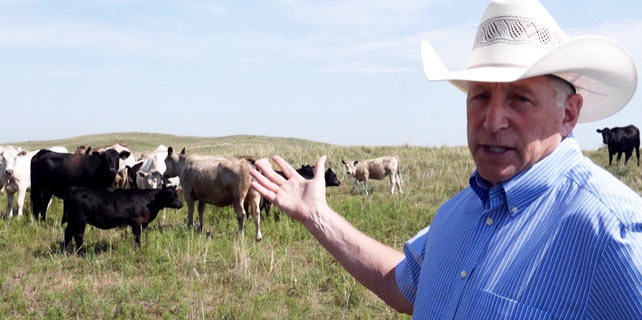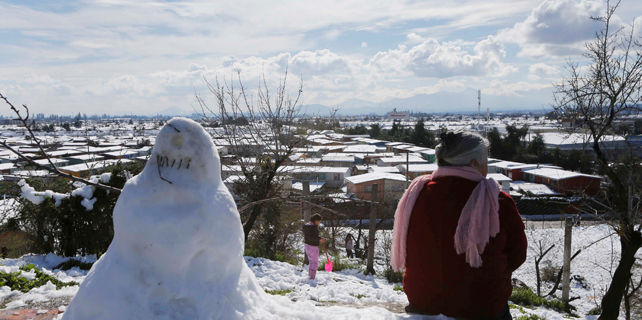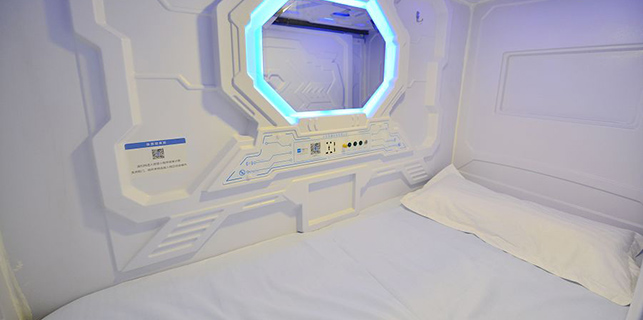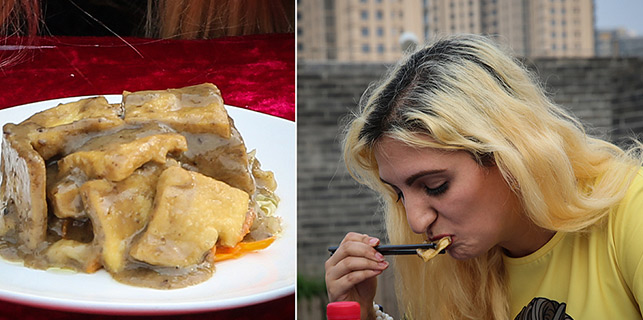Chinese students coming to US worry about jobs
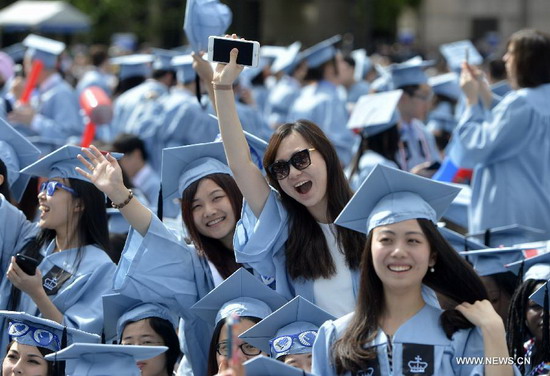 |
|
Chinese Graduates of Columbia University attend the commencement ceremony in New York City, United States, May 20, 2015. [Photo/Xinhua] |
Some Chinese students coming to the US for higher education this fall say their major concerns are postgraduation employment opportunities and obtaining a visa, according to a survey by the Institute of International Education (IIE).
The survey released on July 6 is based on responses from 165 colleges and universities, where admissions officers were asked to answer a series of survey questions based on concerns expressed by students and yield rate, the percentage who accept an offer of admission for the fall.
The survey's results also reported a 2 percent decline in admissions offers made to Chinese students and a slight drop in the yield rate from 25 percent to 23 percent, a dip that's on par with a decline in the overall international student yield rate from 30 to 28 percent.
"A 2 percent drop in admissions yield means Chinese students are choosing to study in the US at rates largely unchanged from last year," said Rajika Bhandari, the head of Research, Policy and Practice at IIE.
"Our findings show that 27 percent admitted Chinese students this year are concerned with postgraduation employment opportunities," said Bhandari.
"It's the first time we did a survey about concerns of international students attending US schools," Bhandari said. "This year, there are many concerns among students and educators about the effect of Trump's immigrant policies."
She said Chinese students are especially worried about the prospects of postgraduate school employment under optional practical training (OPT) and H-1B visa programs, which many international students use as a pathway to work in the US. They are concerned that the programs might be changed because of the influence of debates over visa and immigration policies under the Trump administration.
In April, Trump ordered a review of the US visa programs, saying "we are going to protect our workers, defend our jobs and finally put America first" in a speech in Kenosha, Wisconsin.
"I feel uncertainty about what changes the Trump administration will propose for the H-1B visa programs," said Guo Zihao, an undergraduate student at the University of Science and Technology Beijing, who will attend Carnegie Mellon University this fall. "It will make finding jobs more difficult for us in the US."
"But I still think it's important for students in my major, material science, to study in the US to be at the forefront of technology," Guo said in the survey.
"My primary concern is about the OPT extension period," said Hao Tianyu, a graduate student at Stevens Institute of Technology, majoring in business intelligence and analytics. He said his major is under the category of science, technology, engineering, and mathematics (STEM) degrees, which allows him to extend his OPT from 12 months to 36 months.
"If they abolish the STEM OPT, it will be a disaster for students majored in these fields who want to find a job after they graduate," said Hao in the survey.
He also said he would consider companies that sponsor H-1B visa over other factors when he graduates next year.
In the last decade, the total number of Chinese students in the US has increased fivefold. Nearly 330,000 Chinese students were enrolled in schools during the 2015-16 academic year, ranked first among all international students, according to the IIE.
Currently, international students enter the US on F1 visas and can stay as long as they have a valid 1-20 document issued by the university. But the Department of Homeland Security said it was considering a proposal under which students will be required to reapply for permission to stay in the US every year, according to The Washington Post.
Ruinan Zhang in New York contributed to this story.




